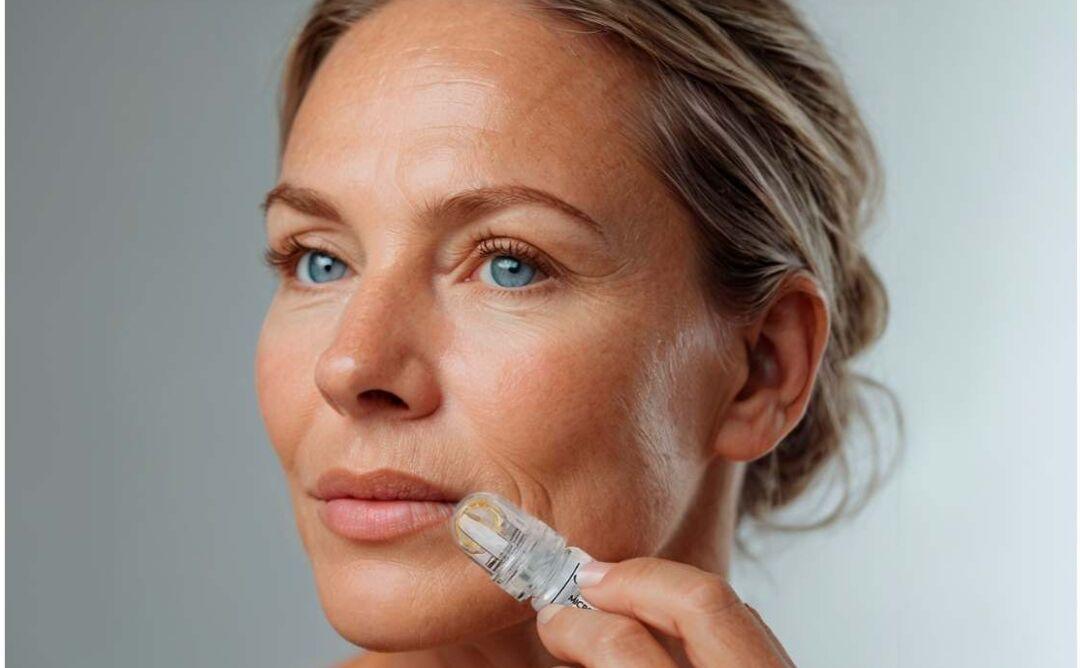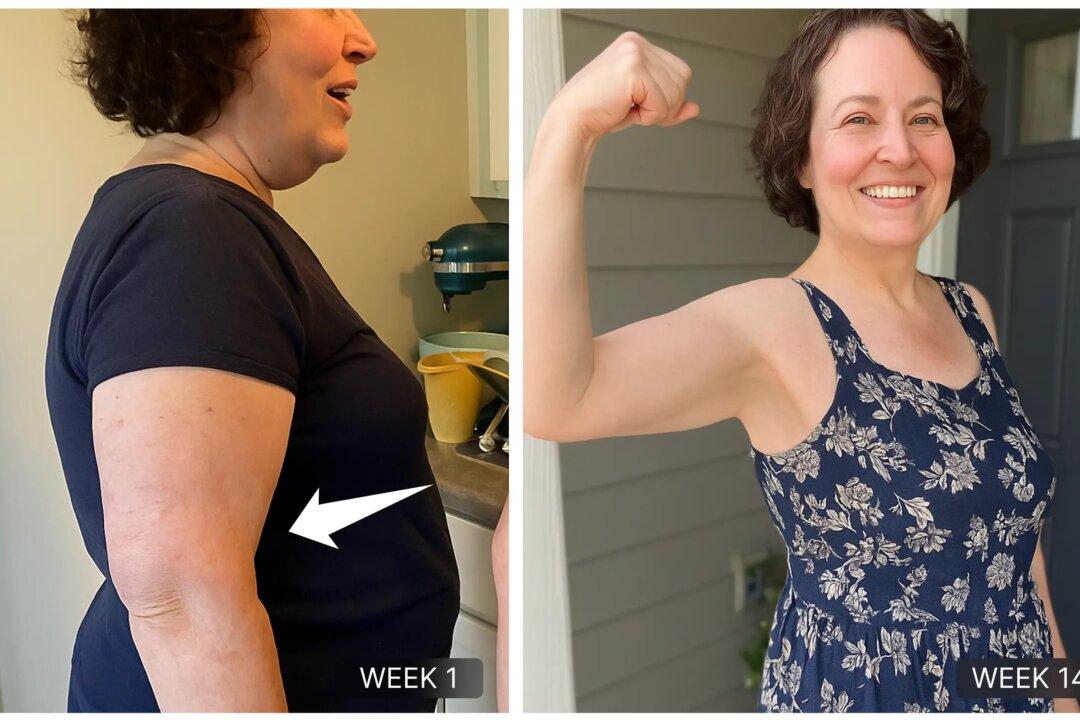Let’s face it—screens have become an inseparable part of our daily lives.
Gone are the days when “reading” meant flipping through the pages of a paperback. Today’s reading involves smartphones, tablets, e-readers, and computer screens. This means your eyes are constantly exposed to the artificial blue light these screens emit.
Over time, prolonged exposure leads to symptoms like persistent headaches, dry eyes, and restless nights.
How Blue Light Affects Your Eyes
Blue light isn’t all bad.This is beneficial during daylight hours because it boosts our mood, sharpens our focus, and keeps us productive.
The problem arises when blue light exposure continues after sunset. At night, your body needs to produce melatonin, the hormone responsible for helping you fall asleep. Unfortunately, blue light disrupts this process by tricking your brain into thinking it’s still daytime.
The Relationship Between Blue Light and Eye Strain

- A stinging sensation: After a long day of screen time, do you ever get that stinging sensation in your eyes when you finally shut them? What you’re experiencing is the effect of digital eye strain.
- Blurred vision: It occurs when your eye muscles become fatigued from maintaining focus at the same distance for too long. It is often temporary, but it makes it hard to focus on the task in front of you. It’s a sign that your eyes are overworked.
- Dry eyes: We tend to blink less frequently when focusing on a screen. Your blinking rate drops from about 15 times per minute to 5-7 times per minute during screen use. Fewer blinks mean less moisture, leading to dry, irritated eyes.
- Headaches: The constant strain on your eye muscles while using devices can lead to headaches. They often start around the temples or forehead and can intensify throughout the day.
- Redness: The blood vessels on the surface of your eyes expand due to fatigue and dryness from prolonged screen time. This makes them appear red and irritated.
What to Look for in Blue Light Blocking Reading Glasses
When choosing blue-light-blocking reading glasses, consider the following factors:- Blue Light Filtering Technology
The best glasses filter out the harmful blue wavelengths while maintaining visual clarity. - Minimal Yellow Tinting
Steer clear of lenses with excessive yellow tints. They distort your color perception. High-quality lenses, such as those by PROSPEK, balance protection and visual accuracy. They offer Blue Light Blocking Glasses for Men and Women - Comfort and Fit
Glasses that pinch the nose or slide down constantly can be distracting and uncomfortable. Look for lightweight frames with ergonomic features for a comfortable fit. - UV Protection
Being indoors is not a guarantee that you’re safe from UV rays. More than 50% of UVA rays can pass through windows. So, ensure your lenses also block harmful UV rays. Dual protection against blue light and UV rays is ideal for preserving eye health. - Scratch and Glare Resistance
Anti-reflective coatings help reduce glare, especially in low-light situations. And scratch-resistant lenses are more durable and effective, especially for frequent use.






